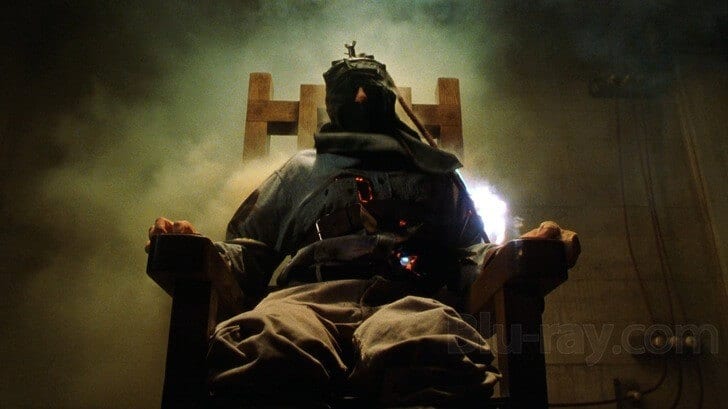A new study by researchers at the University of Hawai‘i, University of North Carolina and Rutgers University indicates that, on an unconscious level, Americans seem to value the worth of white lives over black lives. Researchers say this “unconscious racism” has particular consequences as juries make decisions in death-penalty cases.
In the new study, just published in the N.Y.U. Law Review, the researchers set out to explore whether unconscious racism accounts for continuing racial disparities in death-penalty decisions. To do so, they surveyed jury eligible citizens in six states and found that the majority of these citizens had moderate to strong unconscious biases – based on race – that relate to how they value human life.
“These study results are obviously troubling, but it could explain a lot about why racial disparities are still so prevalent in America,” said Professor Justin D. Levinson of the UH William S. Richardson School of Law and the lead author of the article. “If people indeed associate value with white citizens and lack of worth with black citizens, despite their best intentions, it opens up a whole new dialogue about inequality and what to do about it.”
In the study, the researchers measured the so-called “implicit [unconscious] biases” of the study sample, and compared the bias scores of “death-eligible” citizens (those who would be allowed to sit on a death-penalty jury) to non-death-eligible citizens (those who would be removed from such a jury due to their unwillingness to consider the death penalty as punishment).
In this context, the study found that jurors who are eligible to sit on juries in death-penalty cases actually harbored significantly more anti-black biases than those who would not be allowed to serve.
“How can a defendant get a fair trial when we exclude the jurors who are the least likely to hold implicit biases against the defendant?” asked Robert J. Smith, a co-author who is an Assistant Professor of Law at the University of North Carolina at Chapel Hill.
Smith noted that the results of the study indicate that a legally sanctioned process actually increases racial bias during the types of trials with the highest stakes: whether a person lives or dies.
Study background: To measure the bias levels of the 445 participants, the researchers employed a category-sorting task called the “Implicit Association Test.” Developed by researchers at Harvard University, this computerized task requires participants to group together categories (e.g., White or Black) with evaluative words (e.g., words signifying worth or lack of worth) by pressing a response key as quickly as they can.
Study methodology: In this particular version, participants were told to quickly pair together pictures of African-American faces with a list of value-related words, and Caucasian faces with lack of value-related words. Then they paired African-American faces with a list of words connoting lack of value, and similarly Caucasian faces with words connoting value.
Results: The researchers found that participants consistently were faster to associate Black with lack of worth and White with worth. The difference in the speed at which the participants performed the two tasks is interpreted as the strength of the stereotype.


